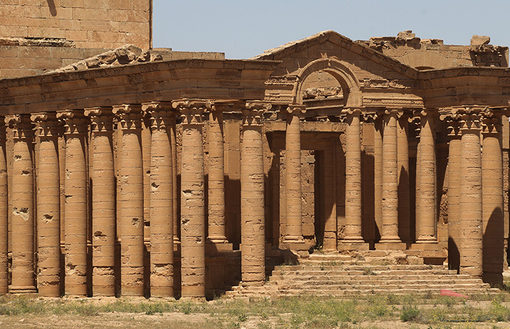
Introduction and summary
After years of fighting, the Islamic State of Iraq and the Levant’s (ISIL) control over territory in Iraq has crumbled.1 Yet the fate of Iraq’s religious minorities remains unclear. When it was in control, ISIL treated all populations under its rule with great brutality, but the jihadist group specifically targeted Iraq’s Christian and Yazidi communities for enslavement and violence, leading to widespread death and displacement among these two religious groups.2 And although ISIL has been driven out, the Christian and Yazidi communities, both with roots in Iraq going back thousands of years, are still at risk of extinction.
There is naturally an altruistic reason to support targets of genocide—of which Christians and Yazidis unquestionably are—but there are strategic and practical reasons as well. Restoring these communities to Iraq may enhance the development and stability of the country, which in turn would benefit the entire region. Restoring persecuted religious minority communities in Iraq can specifically benefit the country in three ways:
To continue reading download PDF file: Economic Integration and Political Reconciliation in Iraq. By Peter S. Henne







Comment here